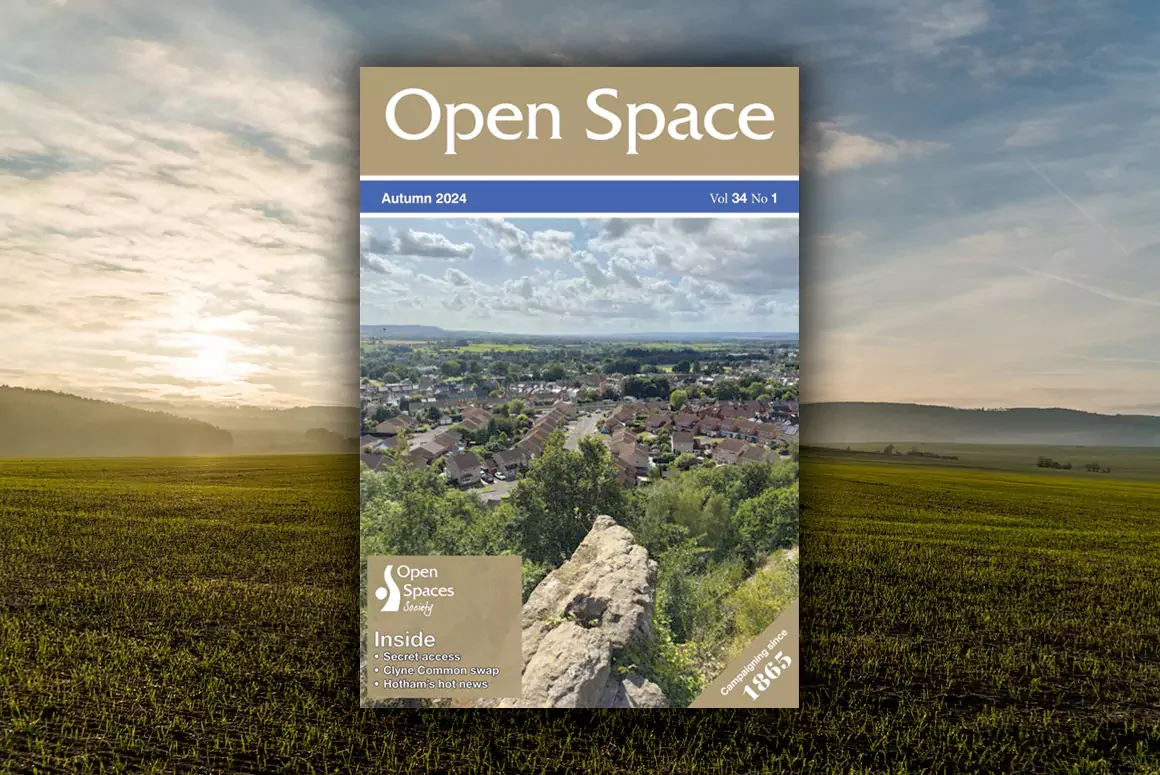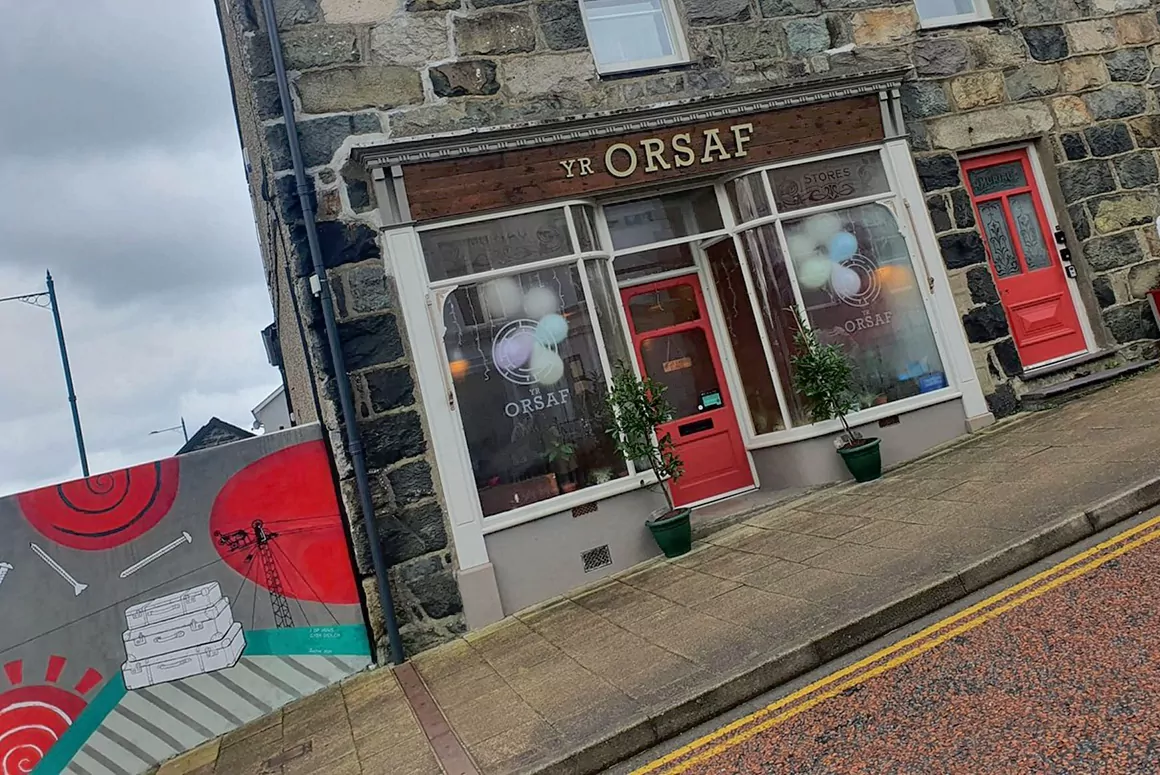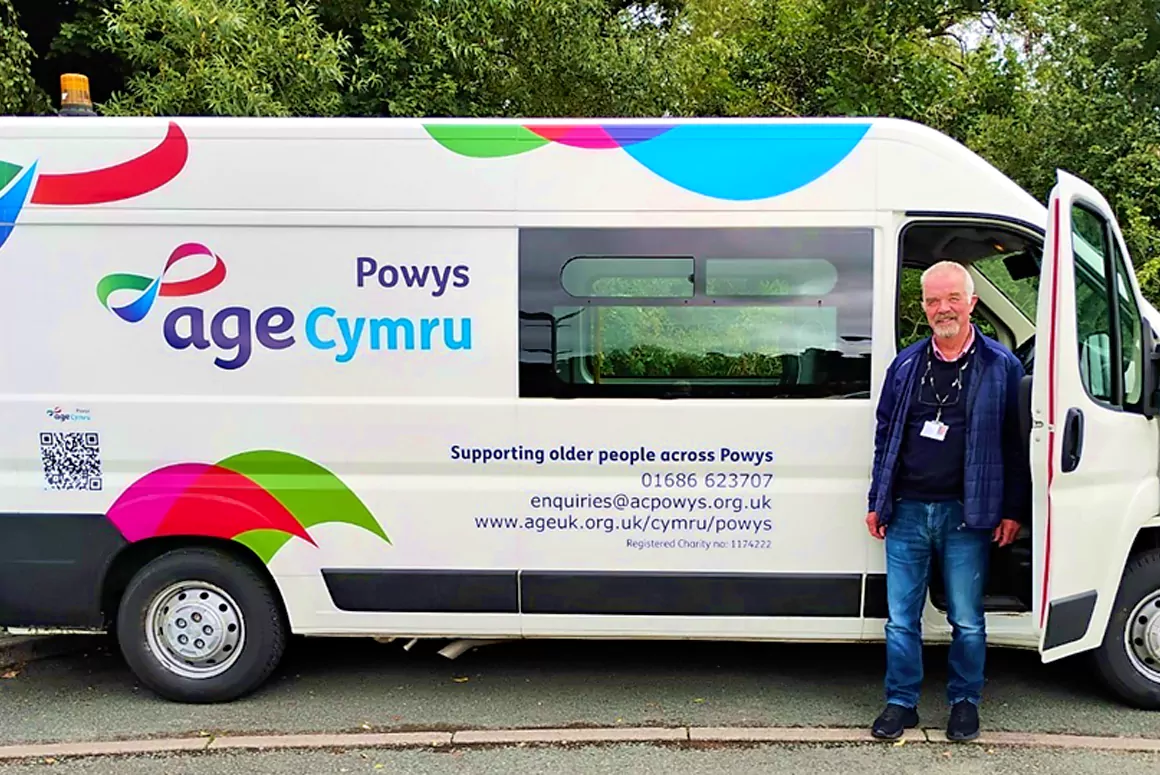The Open Spaces Society, Britain’s oldest national conservation body, has stressed that the Westminster and Welsh governments must show guts and invest in the public-path network and access. The society’s general secretary, Kate Ashbrook, writes about this in her ‘Opinion’, Guts—not cuts, in the latest issue of Open Space, published today 1 October.
Says Kate:
‘It’s no good politicians believing they can achieve these by agreement with landowners. The experience of the Labour government 25 years ago was that one cannot bank on voluntary access—that is why we have part 1 of the Countryside and Rights of Way Act 2000 [which gives the public the right to walk on mapped access-land], since most landowners will offer nothing unless compelled to do so.
‘Labour promised a white paper on access. We hope to welcome this—and soon—as a sign that ministers mean business. It must be premised on more and better freedom to roam, with existing laws or new ones to be used fearlessly when needed.
‘And ministers must determine how to beef up our rights of way, the prime means by which people can enjoy the countryside. Most will not go where a path is not obvious, meaning that many miles are unused because they have no signposts and waymarks, or are ploughed, cropped, overgrown, or otherwise abused.’
Kate suggests that an immediate money-saver would be the repeal of the 2031 cut-off for claims for historic paths, otherwise officials must spend many hours determining how it will work. The Welsh government already has the repeal in hand. However, Kate expresses her concern that cuts to the Welsh recreation agency, Natural Resources Wales, will have a severe effect on the provision of visitor services.
‘Of course we know that there is no spare money, but the Westminster and Welsh governments must realise that paths and access provide astonishing good value by reducing costs to the health service,’ Kate continues. ‘A 2023 report by the Ramblers and New Economics Foundation showed that the path network provides at least £2 billion-worth of well-being—over £33 per person—in England and Wales.
‘Small sums spent on maintaining paths produce massive returns. Ministers only need the guts to slash a few expensive road schemes and the path network could be transformed,’ Kate concludes.
Also in this issue of Open Space:
- The Open Spaces Society fights at a public inquiry the proposed swap of land on Clyne Common on Gower, Swansea. This would allow part of this unique common to be destroyed for housing (page 3).
- The society’s local correspondent, Chas Townley, is helping local people to save a valued open space at Stonehouse, Gloucestershire (pages 4-5).
- The society backs campaigners who are joining court action to save Stoke Lodge playing field’s registration by Bristol City Council as a town green (page 6).
- Two lost commons in Cornwall are rescued for the common-land register (page 8).
- The society opposes plans for a leisure centre which would encroach on Brent River Park in the London Borough of Brent (page 9).
- The society responds robustly to the government’s consultation on the National Planning Policy Framework, calling for better protection for green spaces (page 11).
The society highlights the byway-blockage epidemic in Wiltshire (page 13).
Download Open Space Autumn 24




